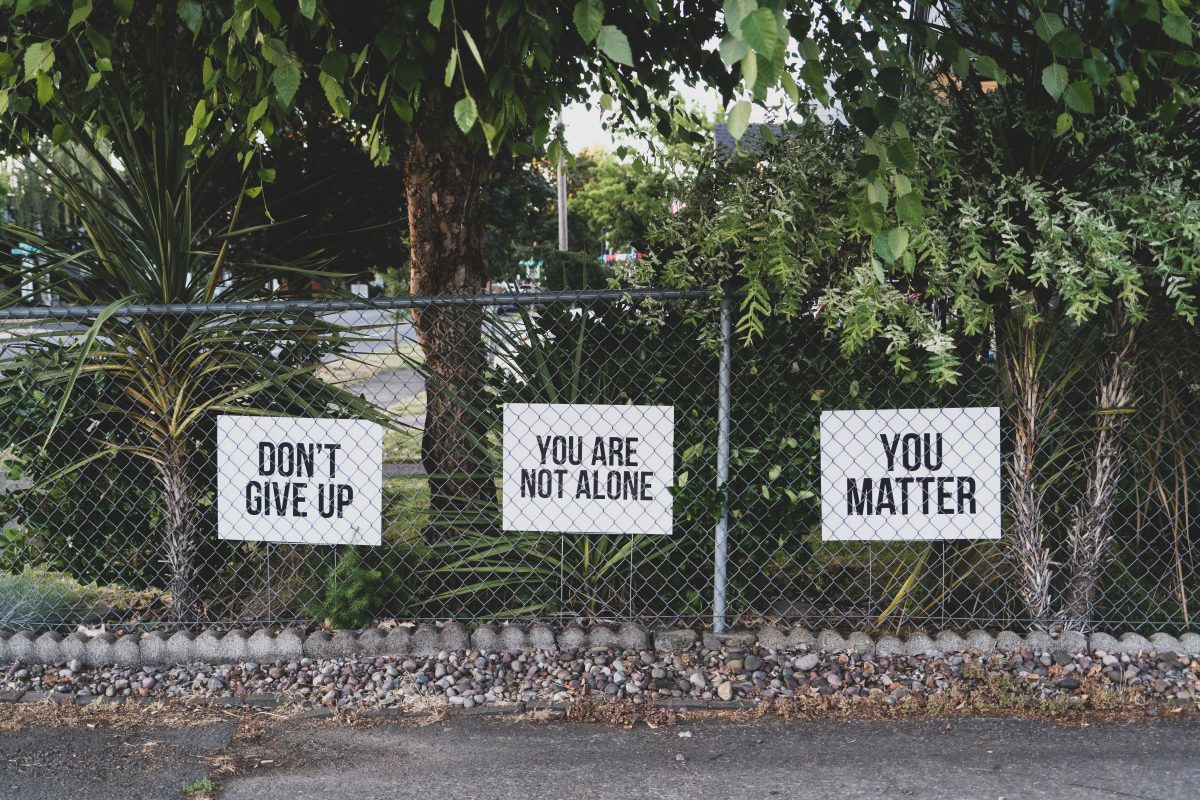A challenging but rewarding experience
Family members or friends of individuals with problematic substance use are also negatively impacted. For example, if your loved one is taking part in treatment for their substance use, you may be able to support them in various ways. Your help may depend on many things, like how much your loved one uses drugs and alcohol and what kind of treatment they are getting.

You may support your loved one while keeping yourself healthy by:
Acceptance.
It can be challenging to understand that a family member or friend abuses substances, particularly when you care about them. It may be difficult to accept that they have a problem, and it is common for people to minimise the severity of the condition or deny it entirely. To support your family member or friend, you must first come to terms with the situation and how it has affected your life. This may make you uncomfortable initially, but it will help you feel more in charge of the situation in the long run.
Learn about addiction and recovery.
A better understanding of the problem and available solutions can help make your loved one’s substance abuse less traumatic. You may consult a therapist or use reliable sources such as books and articles written by professionals, first-hand accounts, and health organisation manuals to gain information.
Relapse.
Returning to a previous state, or a lower level of functioning, after having experienced an improvement is known as relapsing or “slipping.”
An essential part of treatment for substance use disorder is learning the common signs of relapse and coming up with a plan in case of an emergency. You can help them figure out the triggers that caused relapses in the past and devise concrete strategies to avoid or manage those triggers without drinking alcohol or using drugs. In addition, it is critical to establish what must be done if a lapse or relapse occurs. In contrast to a lapse, a relapse is defined as a single occasion in which your beloved one does not comply with their substance abuse control or cessation plan. A lapse may become a relapse if a program is not in place. Having a plan may prevent a lapse from expanding into a relapse.

Recovery is a process.
People with drug or alcohol addiction are often seen as bad rather than sick, and their issues are blamed on them instead of being treated. Many believe that relapse indicates that their loved ones haven’t been treated effectively. Although recovery is a long and complicated process, several barriers, such as relapse, can be overcome. You’ll better understand and care for your loved one by getting accurate information.
Show your support.
Getting over an addiction can be a lonely process, so your support and presence are essential. You could celebrate their progress as they go through treatment, like when they stop drinking alcohol or using drugs for a long time. Alternatively, you might emphasise that recovery is still achievable if they relapse and that you have faith in their ability to accomplish the goals they set for themselves.
Empathy and communication.
It’s also important to show that you care by listening carefully. When they share something with you, give them your complete attention (do not use your phone, watch TV, or do household chores simultaneously). Subsequently, verify that you have interpreted their words, and refrain from judgment. Express your interest and sympathy by facing them, leaning towards them, and nodding as they talk.
Your loved one’s recovery depends on consulting medical professionals such as doctors, therapists, or rehabilitation centres, in addition to receiving practical assistance. You can help them by finding these resources, making their appointments, offering to go with them to their meetings, and checking on their progress.
Build a healing environment.
It is critical to avoid any temptations that might cause your loved one to start using drugs again. It will be helpful to create a comfortable and trigger-free environment at home. Home detox is an excellent option for a safe, comfortable detox and continued recovery through remote counselling.
Invest in positive connections.
When people have problems with their family, friends, or romantic partners, they often turn to drugs or alcohol to deal with them. If those relationships are improved, then it can help with recovery. Keeping a good relationship with the person you care about may help stop relapses and make a recovery easier.
In addition to organising various activities with friends and family, you could promote a sense of togetherness. Spending quality time with a group of people supporting them could contribute to their overall wellbeing and keep them from drinking or using drugs.
Be honest.
You need to set up a healthy way to talk to them so you can have open, honest talks about their drug use and how it affects your relationship. Be explicit in your communication rather than shouting, blaming, lecturing, or criticising them. Remember specific instances from the past that were hurtful, and cite particular behaviours that caused you harm. To express your desire, you might say, “I was upset yesterday when you chose to drink rather than eat dinner with me. I value our time together and want to eat dinner with you daily.” Avoid generalising by saying “always” and “never.” For example, “you always choose to drink rather than spend time with me.” Respect their privacy and do not push them to discuss something they do not wish to disclose.

Setting Boundaries.
It is vital to remember that taking care of your loved one shouldn’t detract from your wellbeing or other commitments. When a close friend or family member has drug problems, you may feel like you have to cover up for them, make excuses for them, take on their responsibilities, and support them no matter what. However, you may unconsciously participate in what is known as ‘enabling behaviours.’
The behaviour might be more damaging than beneficial, as the person with substance use issues no longer has the motivation to alter because they are no longer face the consequences of their actions. There is no detailed listing of ‘protecting’ behaviours, and the amount of support you offer the person will depend on several factors and is, ultimately, a personal choice. It is challenging to take a strict approach and completely deny a loved one when they are in a critical situation or at risk of dying.
Establishing and declaring your limits with your loved ones is vital to avoid these behaviours. While every individual may behave differently, you must know when and how to refuse. It is critical to maintain your boundaries when your loved ones attempt to compel you to take a substance, for example, demanding money from you regularly and threatening to steal if you don’t give it to them.
Take care of yourself.
It is common for you to experience a range of emotions as a caretaker of someone with problematic substance use, including anger, shame, guilt, hopelessness, fatigue, and sadness. It may be difficult to witness their difficulties. Furthermore, you may feel that your loved one is no longer the person they used to be before they began using substances, and you may be grieving the loss of the relationship you once shared.
Because of this, it is essential to construct a support network for yourself. Seek therapy or counselling, take time away from spending time with someone with substance use problems, explore new interests, and attend 12-step support groups for families and friends.
When someone is recovering, they are responsible for their progress. You can show support and empathy but must set limits, back off when needed, and know that you can’t force someone to change.
When there are no clear answers, you might find yourself in a difficult situation where you care for a loved one who refuses to seek professional help or does not acknowledge that substance use is harmful. You have done your best, so don’t blame yourself for things you cannot control!
If you or a loved one is struggling with addiction, call Freephone 0800 140 4044
Freephone: 0800 140 4044
Local rate: 0300 330 3040



